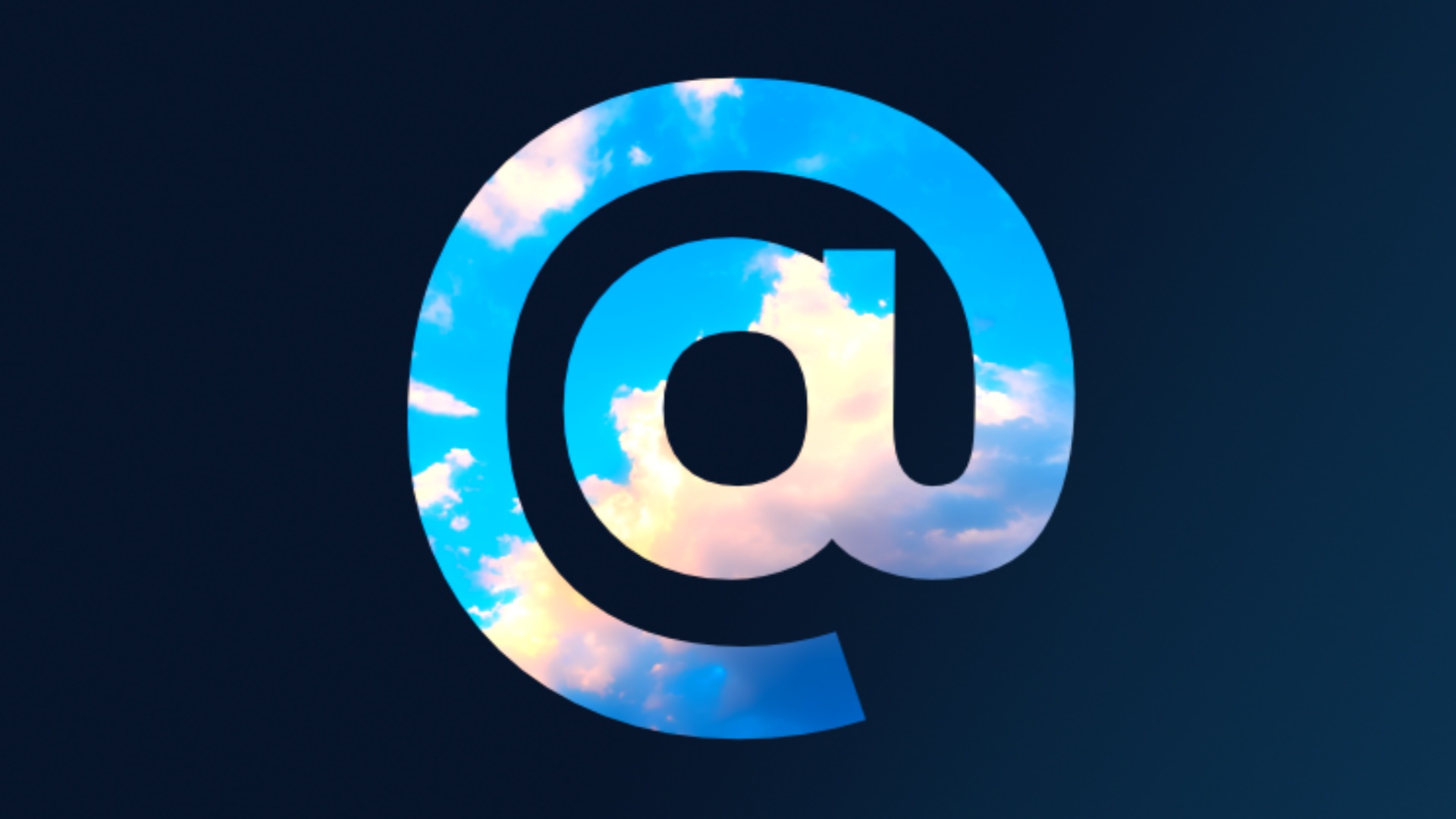- A new Jack Dorsey-backed social media platform has launched, and it is very similar to Twitter.
- Unlike Twitter, however, Bluesky wants to woo users with promises of algorithmic freedom.
- When launched to the wider public, Bluesky users will be able to completely customise what content they see and when.
Ever since Elon Musk bought and took over Twitter in late 2022, alternatives have been crawling out from the woodwork. Platforms like Mastadon and Parler have achieved some modicum of success, but neither and none else have managed to capture anything close to Twitter’s grip on the market.
Despite Musk’s stormy and controversial operations of Twitter, most of the platform’s nearly 370 million users have remained. If anything, the platform’s user base is increasing, according to the Chief Twit.
Hit all-time high of active users today
— Elon Musk (@elonmusk) November 11, 2022
Now, seemingly all of a sudden, a new social media platform backed by the former CEO of Twitter and one of its original creators Jack Dorsey has launched – and it’s very close to Twitter, according to reports from The Verge.
While still in its early stages, the app Bluesky Social is already available by invite only on Android. By the look of some screenshots, it seems nearly identical to Twitter’s UI, but it isn’t being positioned as a “Twitter killer,” instead the name of the game for Bluesky is decentralisation.
“Recent advances in AI have opened up new challenges and opportunities for social media. As content-generation costs drop, algorithms to help people sort through information must evolve rapidly,” wrote Bluesky CEO Jay Graber in a March blogpost.
“At Bluesky, we’re approaching this challenge from a marketplace perspective. Our goal isn’t to create every algorithm in-house, but to enable the developer community to bring new algorithms to users swiftly and effortlessly.”
What this means is that users on Bluesky will be able to decide on their own content algorithms. How? Through a “market of algorithms”, the company says.
“Algorithms in [Bluesky] will act as aggregator services, similar to search engines. Users will be able to find, share, and add algorithms to their clients. Our UX design allows users to swipe between favourite algorithms or view a multi-algorithm feed,” Graber explains.
This novel idea sounds interesting and innovative on paper, but how much does the regular user really care about the algorithm that is feeding them funny cats, cheesy foods or bikini models? Bluesky will have to make these choices attractive for users.
Bluesky outlines one option for the algorithm would be to simply see the content from the people you directly follow in a timely basis. But it says there are many different ways a user could take this, and that the app will seek to allow as much choice as possible for a user’s own feed of content.
The app, and the company, are still in their infancy. The reason why it is still in a closed beta is because Bluesky has yet to complete the app’s moderation system. This is an incredibly complex problem for any website that allows user-generated content. Social media mainstays like Twitter and Facebook have yet to perfect their moderation systems.
Another issue that could be raised is how exactly Bluesky will make money. What if we choose an algorithm that blocks out all advertising? Will advertisers be lining up to hop on a social media app where users can simply choose to not look at or what ads? Unlikely.
Freedom will be the name of the game for Bluesky Social. Users will also apparently be able to change accounts on the fly without losing content, follow or identities, and connect with anyone on any service that is using Bluesky’s AT Protocol.
Can these increased freedoms finally provide a real alternative to Twitter, or will Bluesky go the way of all the other contenders? Crushed at the foot of the Blue Bird’s throne. Either way, we’re watching.
[Image – Bluesky Social]

